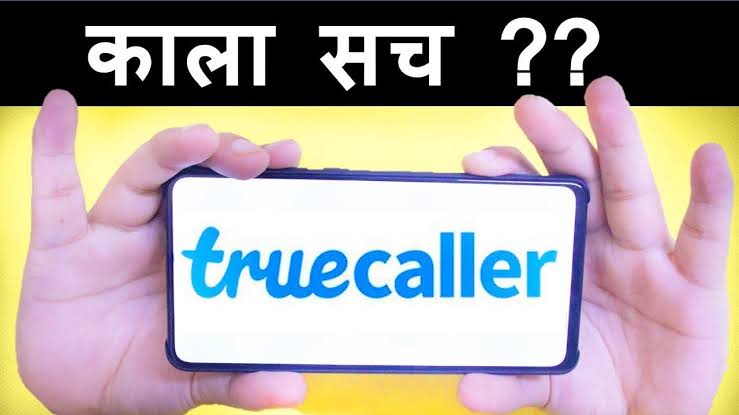Truecaller, a famous application that gives guests recognizable proof and spam call-impeding administrations, has both positive perspectives and concerns with respect to its wellbeing and protection.
Here is a far-reaching outline:
Positive Perspectives:
1.Caller Distinguishing Proof:
Truecaller succeeds in its essential capability of distinguishing guests. It utilizes an immense data set that incorporates data from clients' contact records and public registries to show the name and, at times, a profile image of the guest.
2. Spam Call Impeding:
One of the vital highlights of Truecaller is its capacity to distinguish and impede spam calls. Clients can stay away from undesirable calls from phone salespeople, tricks, and other disturbance numbers in light of the application's spam recognition calculations.
3. User group criticism:
Truecaller benefits from an enormous client local area that effectively adds to the data set. Clients can label numbers as spam, working on the precision of the application's spam discovery. This publicly supported approach upgrades the general viability of Truecaller.
4. Call Recording and Informing:
Truecaller offers extra highlights, for example, call recording and information. Clients can record calls for individual or lawful reasons, and the informing highlight permits correspondence inside the application.
5. Integration with Informing Applications:
Truecaller coordinates with informing applications, permitting clients to distinguish and impede spam messages. This can be especially helpful in lessening the effect of undesirable correspondence.
Concerns and Security Contemplations:
1. Access to Contacts:
To give its guests recognizable proof of assistance, Truecaller expects access to clients' contacts. While this is fundamental for the application's usefulness, a few clients might have worries about sharing their contact records, particularly in the event that they value protection.
2.Data Security:
Truecaller stores a lot of client information, including telephone numbers and names. Guaranteeing the security of this information is pivotal. While Truecaller has executed safety efforts, the risk of information breaches generally exists, likewise with any application that handles individual data.
3.Privacy Worries:
Truecaller's data set incorporates data from public registries and client-contributed information. This raises security worries, as people might not have expressly agreed to having their data shared on the stage.
4. Permissions and Access:
A few clients are awkward with the broad consents Truecaller demands, for example, admittance to call logs, SMS, and gadget data. While these authorizations are important for the application's elements, clients ought to be wary about granting access without figuring out the ramifications.
5. Potential for Abuse:
The application's highlights, including call recording and informing, have the potential for abuse. Clients should be aware of legitimate and moral contemplations while utilizing such functionalities.
All in all, whether Truecaller is viewed as protected depends on individual inclinations and needs. Clients who focus on guest-recognizable proof and spam call impeding may track down Truecaller. Notwithstanding, those with increased protection concerns might pick elective arrangements or cautiously audit and change the application's settings to line up with their comfort levels. It's fundamental for clients to know about the authorizations they award to any application and to remain informed about updates and changes in security arrangements.

Also Read :- Is it safe to buy youtube views